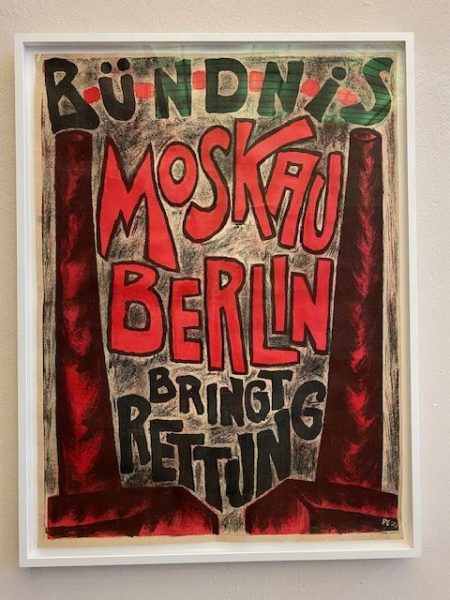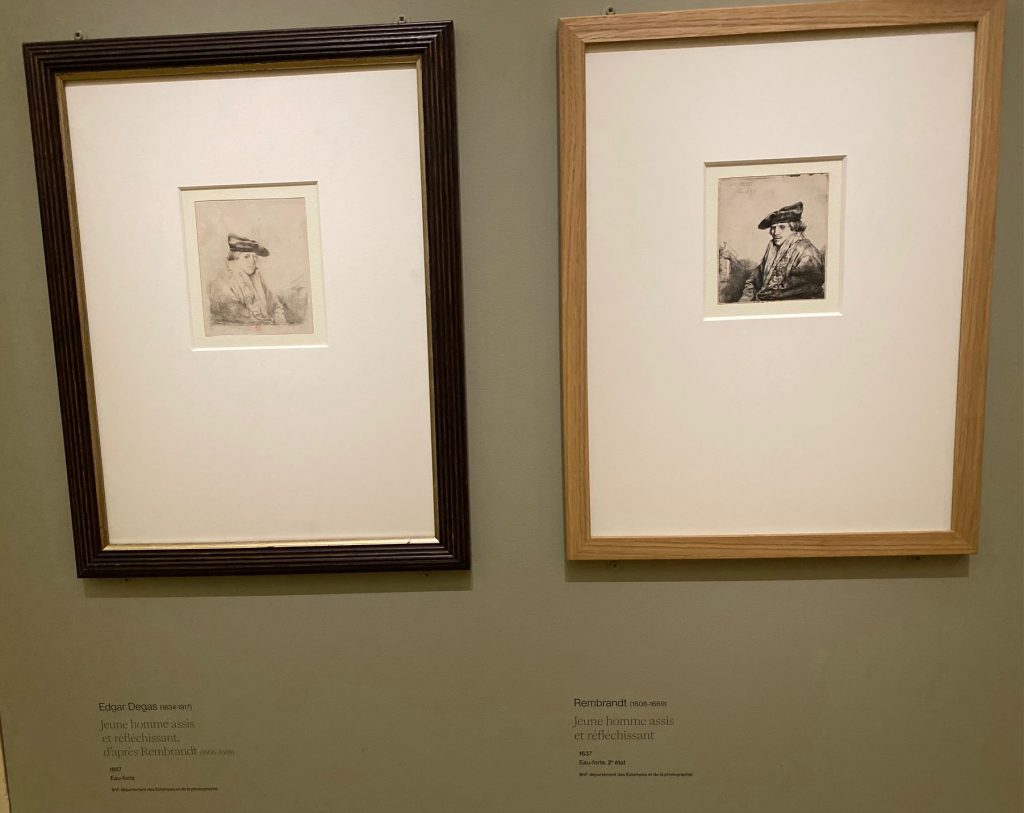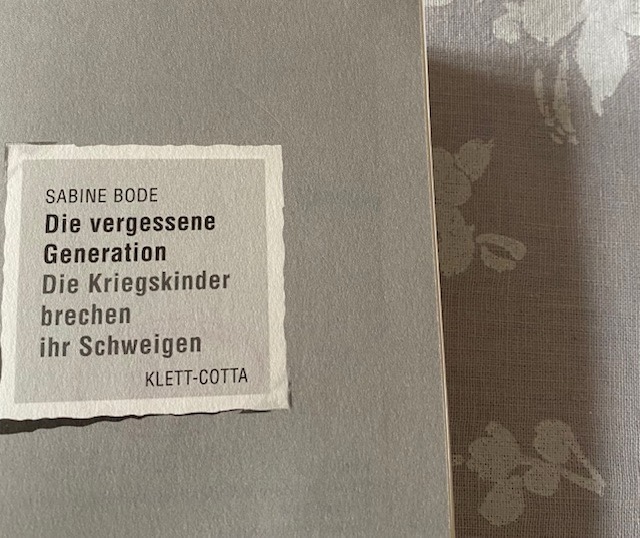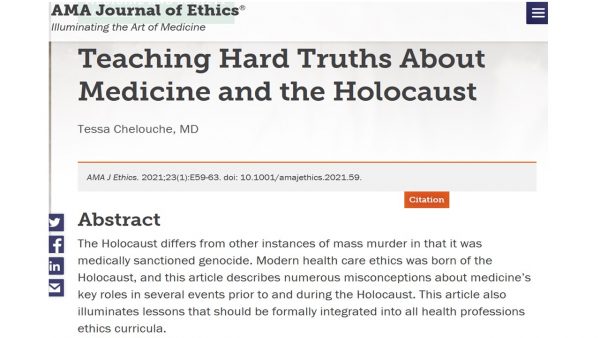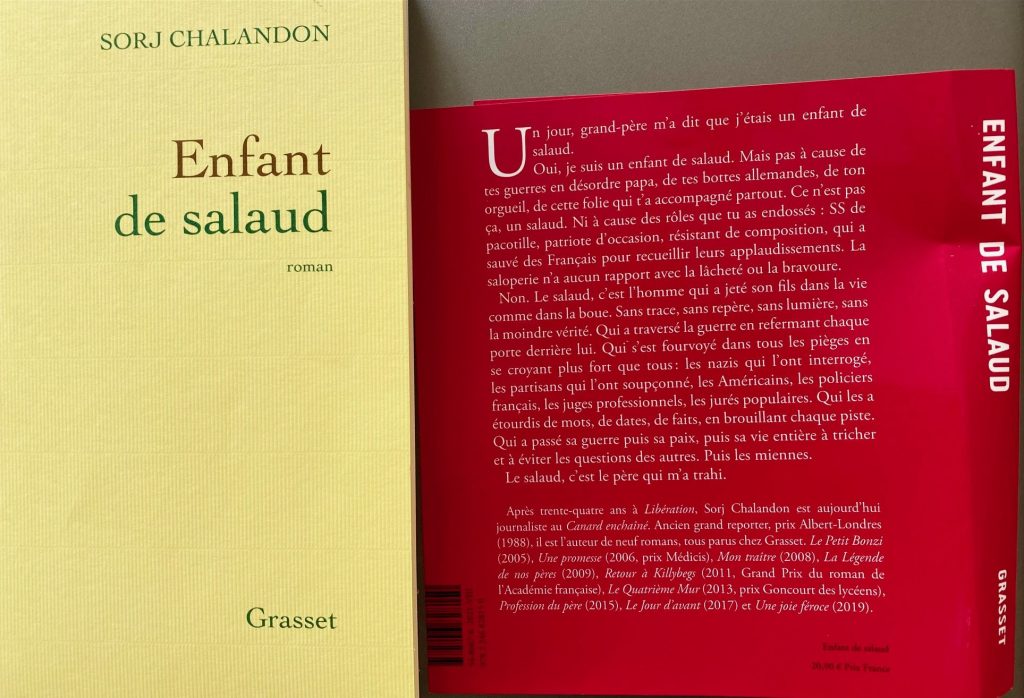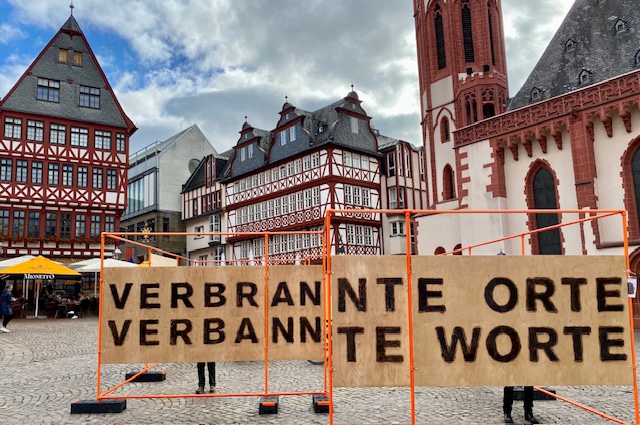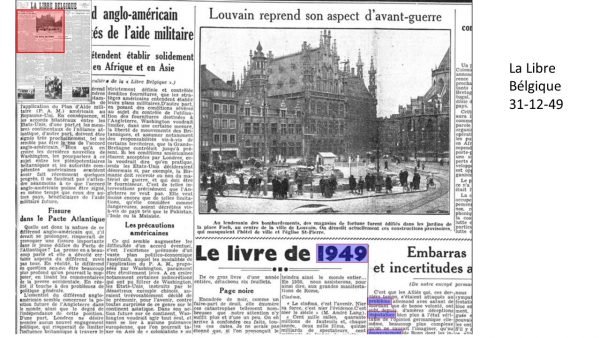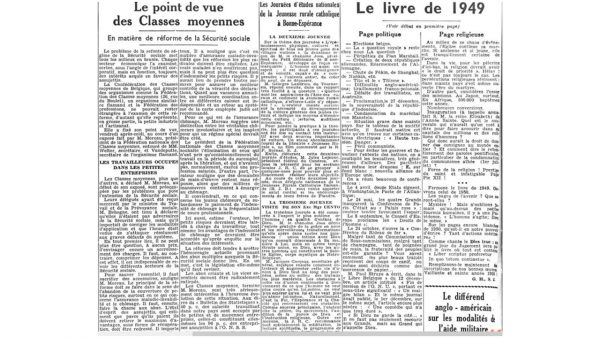The “Deutsche Kinemathek” in Berlin has moved to its new location in the old E-Werk. There is room for temporary exhibitions and screening on all walls. Small boxes (3 seats) give a brief overview of the history of television. The library is accessible again to the public. In order to research what went wrong in the history of mass media and cinema in Germany during the 1930s and 1940s can get access to the archives as well. In the age of new digital media technology the study of historical approaches helps to be aware of the power of persuasion of this form of mass communication. A critical thinking perspective on the material presented and the long history of cinema can bring generations together through the exchange of experiences with different media.








